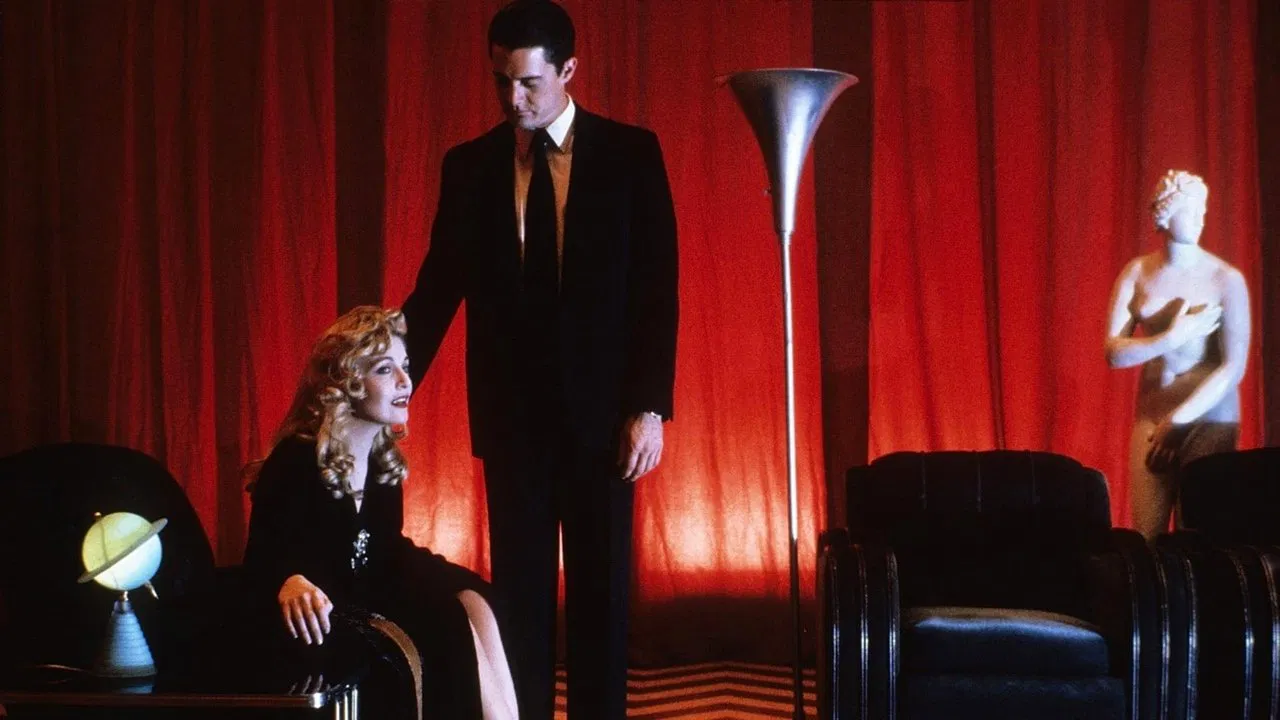Cinema of 1992

Cinema of 1992 was marked by Clint Eastwood’s Unforgiven, a revisionist Western that won the Academy Award for Best Picture and stood as both a career-defining statement and a genre-redefining work. Alongside it, Quentin Tarantino’s debut Reservoir Dogs exploded onto the scene, heralding a new voice in American independent cinema. David Lynch’s Twin Peaks: Fire Walk With Me, though divisive at the time, has since grown into a cult classic, expanding the mythology of his groundbreaking TV series with a darker, more unsettling edge.
On the international stage, Raise the Red Lantern by Zhang Yimou continued the Chinese Fifth Generation’s global acclaim, while Wong Kar-wai’s Chungking Express (completed in 1994 but sparked by ideas in ’92 during Ashes of Time) began its gestation, signaling shifts in Hong Kong cinema. Edward Yang followed A Brighter Summer Day with The Terrorizers still resonating, and in Europe, Jean-Claude Lauzon’s Léolo stood out as a uniquely poetic Canadian import.
Meanwhile, 1992 was also a year of transition and experimentation: Francis Ford Coppola’s lavish Bram Stoker’s Dracula reimagined gothic horror for a new generation, while Abel Ferrara’s Bad Lieutenant blurred the lines between arthouse and exploitation with Harvey Keitel’s raw performance. These contrasts—between prestige and pulp, global auteurs and Hollywood spectacle—made 1992 a rich, multifaceted year in cinema.